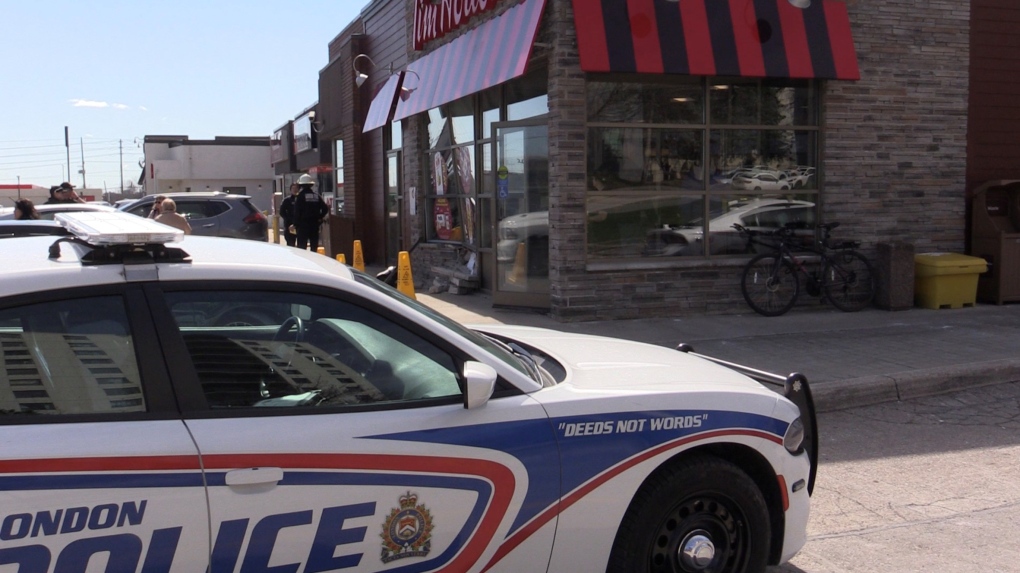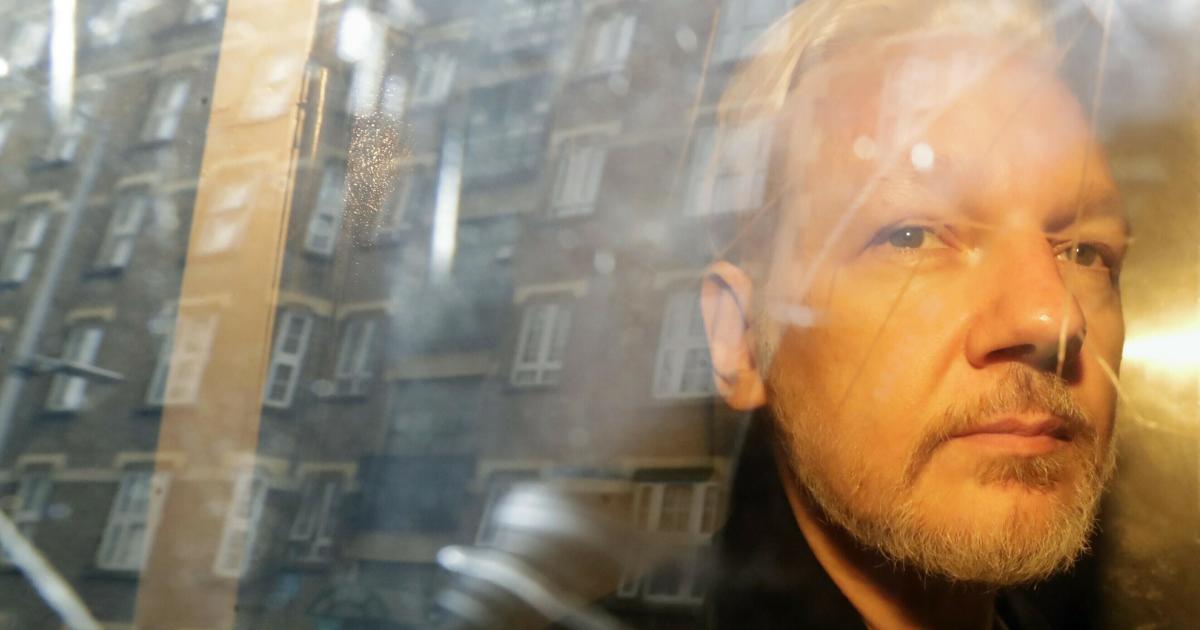Police sexism is an institutional problem that simply has not gone away.
It has hampered investigations from the Yorkshire Ripper to John Worboys – and, despite repeated attempts at reform, a toxic culture among some male officers has persisted for decades, affecting colleagues as well as victims.
In the 1970s, West Yorkshire police was accused of failing to take the Yorkshire Ripper case seriously because sex workers were initially targeted. It was not until Peter Sutcliffe started “killing innocent girls”, in the words of one investigating officer, that efforts to catch him stepped up. Sexism in the investigation was endemic.
Ultimately, 13 women were killed by Sutcliffe and seven more were victims of attempted murder during five long years, between 1975 and 1980.
This week, after the jailing of Wayne Couzens, it emerged that five police officers and one former officer, who were all in the same WhatsApp group as Sarah Everard’s killer, are under investigation for gross misconduct. They are accused of sharing discriminatory and misogynistic messages.
It is far from an isolated incident. In January, five officers in an elite Hampshire constabulary unit were caught making sexist, racist and homophobic remarks and sacked. Women were called or referred to as “‘whores’, ‘sluts’, ‘sweet tits’ or ‘sugar tits’, ‘Dorises’, ‘a fucking Doris’”, according to prosecutors in a tribunal hearing in the case that led to the dismissals.
At one point, the Hampshire officers, covertly recorded by investigators, ponder among themselves if a person using the public address system is “getting any cock”.
Such attitudes have a long history. Back in 1982, Police, a fly-on-the-wall BBC documentary, recorded officers from Thames Valley police insensitively interrogating a woman reporting that she had been raped by strangers and then given 16p for her bus fare. One officer accuses her of being “a willing party” and telling a story that is “a fairytale”.
The outcry that followed the programme led to the Home Office calling for improved police training to deal with rape. A few years later, in 1987, police created the first units dedicated to tackling domestic violence. By the end of the following decade, the system had spread throughout England and Wales.
Yet two specialised sex crime units in London failed to spot and apprehend two serial sex attackers for years during the 2000s. One was the taxi-driver rapist Worboys, whom police believe committed 105 sexual offences against women during a six-year period.
Police had failed to see a pattern even though 14 women had made complaints that they had been attacked or had an unsettling experience in a black cab. One was told by an officer to “fuck off, black-cab drivers don’t do that sort of thing”.
Ultimately two victims had their claims for compensation from the Met – totalling £41,250 – upheld by the supreme court. Despite a challenge from the capital’s force, the court ruled in 2018 that the police had failed to carry out a proper investigation.
At the time, Harriet Wistrich, the solicitor who represented the women, said “it was not a lack of resources that failed these women” but “a lack of belief” among police officers that meant their complaints were not listened to. Or as one of the victims put it: “You have the procedures in place, now start doing your job.”
The other case was that of Kirk Reid, who was found guilty of 24 sex assaults and two rapes in south London in 2009. But he first emerged as a suspect in 2004, and police admitted it had taken far too long to arrest the perpetrator. “We must do everything we can to stop the same situations occurring again,” the then Met assistant commissioner John Yates said of the Worboys and Reid cases.
Dozens of female officers have left policing in frustration or worse. Nusrit Mehtab, who quit the Met after 32 years last year, alleged that her promotion was hindered through race and sex discrimination. She recalled how at the start of her career she was “initiated” by male colleagues leaving a vibrator in her locker.
Lingering attitudes are affecting the handling of cases, say former officers. Susannah Fish, the former chief constable of Nottinghamshire police, said earlier this year she would think hard about reporting a crime being committed against her because there was a “toxic culture of sexism” in significant parts of policing.
“I also know in terms of conviction rates and the challenges of going through the criminal justice system, as a woman, it’s thankless,” she added.
Rape prosecution rates have tumbled by 70% since 2016-17 – even though the numbers reported to the police had been steadily rising until the start of the pandemic – while the murder of Everard by a serving police officer has exacerbated a growing lack of confidence by women in police officers.
Over the past two years, 129 women have approached the Centre for Women’s Justice (CWJ) with claims of being raped, beaten and coerced by their police officer spouses and partners. One victim said it was impossible for complaints to be taken seriously because it was “a boys’ club”. In the Met, male officers outnumber women 2.5 to 1.
Yet despite the past and the present, senior officers can still send mixed messages. As recently as June, the Met police chief, Cressida Dick, argued there was an occasional “bad ’un” within the ranks on the day Wayne Couzens first pleaded guilty; on Thursday she went further: “This man has brought shame on the Met.”
https://www.theguardian.com/uk-news/2021/oct/02/breaking-up-the-boys-club-how-sexism-still-damages-the-police




